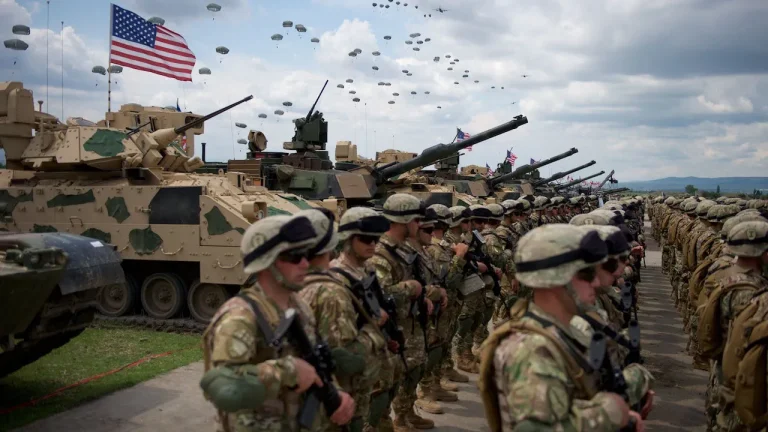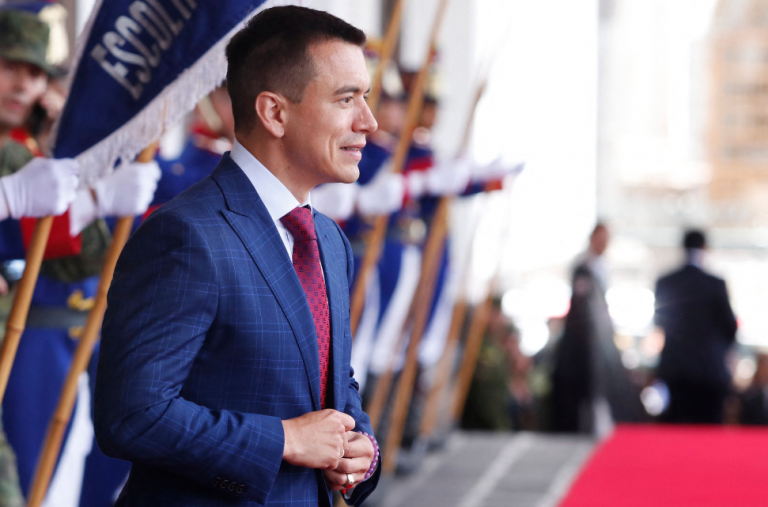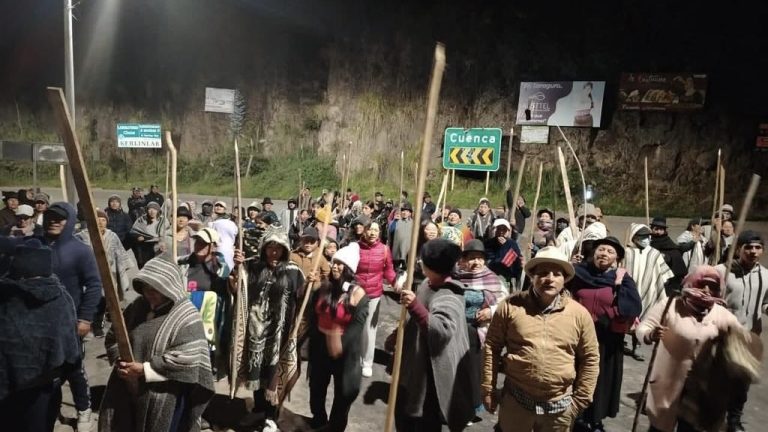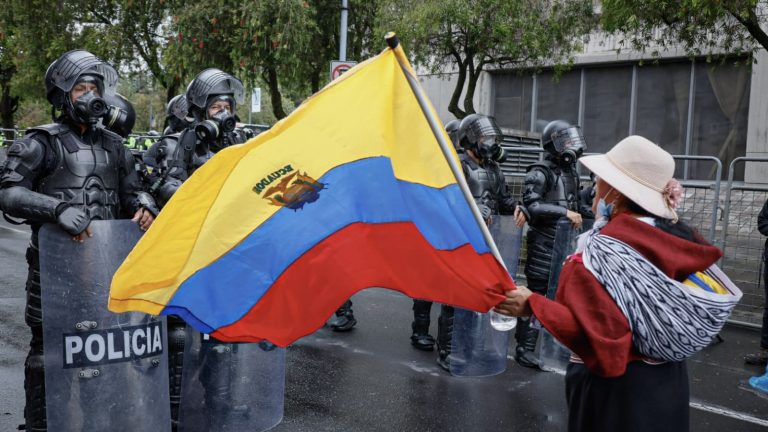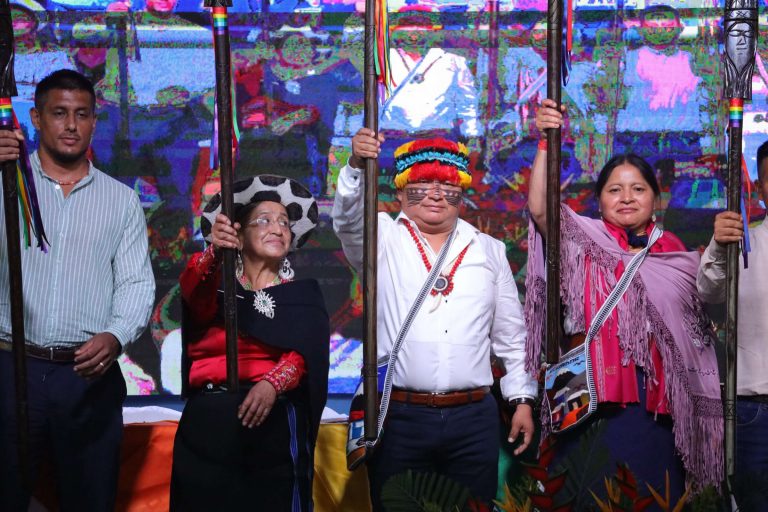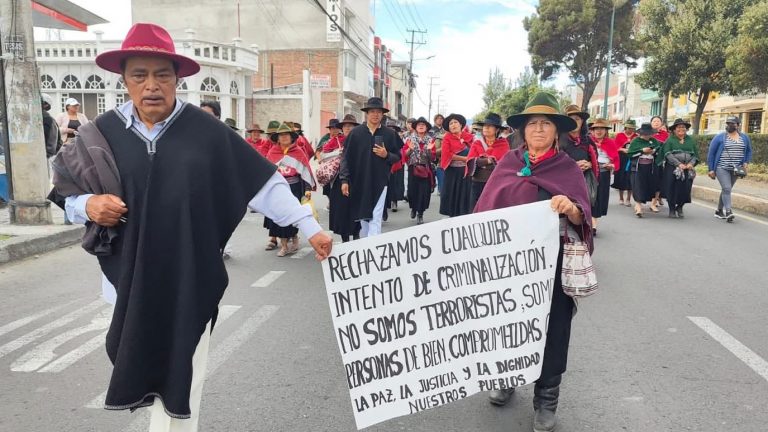Ecuador Votes To Reject Foreign Military Bases
The Donald Trump administration is trying to expand the presence of the US military across Latin America, in an attempt to forcibly impose Washington’s hegemony in the region.
The people of Ecuador just delivered a major blow to Trump’s aggressive Latin America strategy. More than three-fifths of Ecuadorians voted to reject a change to their progressive constitution, which would have allowed the Pentagon to establish US military bases in their territory. Ecuador is currently governed by a right-wing president, Daniel Noboa, who is a key regional ally of Trump.

